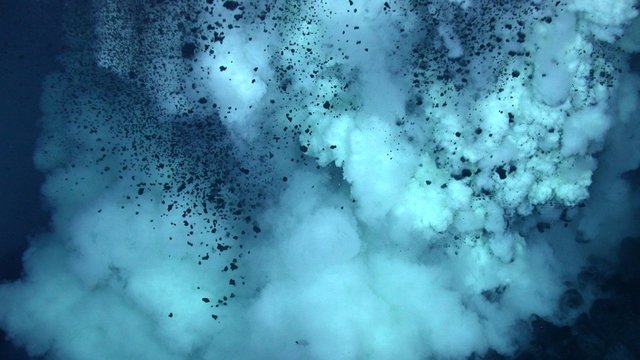Researchers unearth deep-sea bacteria with metabolism unlike anything encountered before
A peculiar form of bacteria discovered on the floor of the deepest ocean layer has been found to have a strange metabolism unlike anything that has ever been encountered before.
A team of German researchers say the microorganism has the extraordinary ability to survive on organic and inorganic substances alike, without needing oxygen.
The bug, known as Acetobacterium woodii, has chosen peculiar living arrangements, making its home in hydrothermal vents and in the intestines of termites. 
The unique bacteria lives in deep sea vents and in the intestines of termites. © Submarine ROF 2006, NOAA Vents Program
Its ability to create and use hydrogen and carbon dioxide to produce energy all on its own makes it unique, even among microorganisms. However, scientists had long suspected that something like this existed.
"There have already been speculations that many ancient life forms possess the kind of metabolism that we have described in A. woodii," microbiologist Volker Müller from Goethe University Frankfurt explained.
"This is assumed, for example, for the Asgard archaea that were just discovered a few years ago on the seabed off of California. Our investigations provide the first evidence that these paths of metabolism actually exist."
In a study published in the ISME Journal, the boffins postulate that one of the microorganism’s pathways ferments organic substrates into acetic acid, alcohols, and molecular hydrogen, while another pathway acts as an 'electron sink' for the exterior environment. This clever combination makes fermentation energetically possible by forming acetic acid from CO2 and hydrogen.
"Through the 'hydrogen recycling' we discovered, A. woodii possesses a maximum of metabolic flexibility," explained molecular microbiologist Anja Wiechmann.
"In one cycle, it can both create and use hydrogen itself, or utilize hydrogen from external sources."